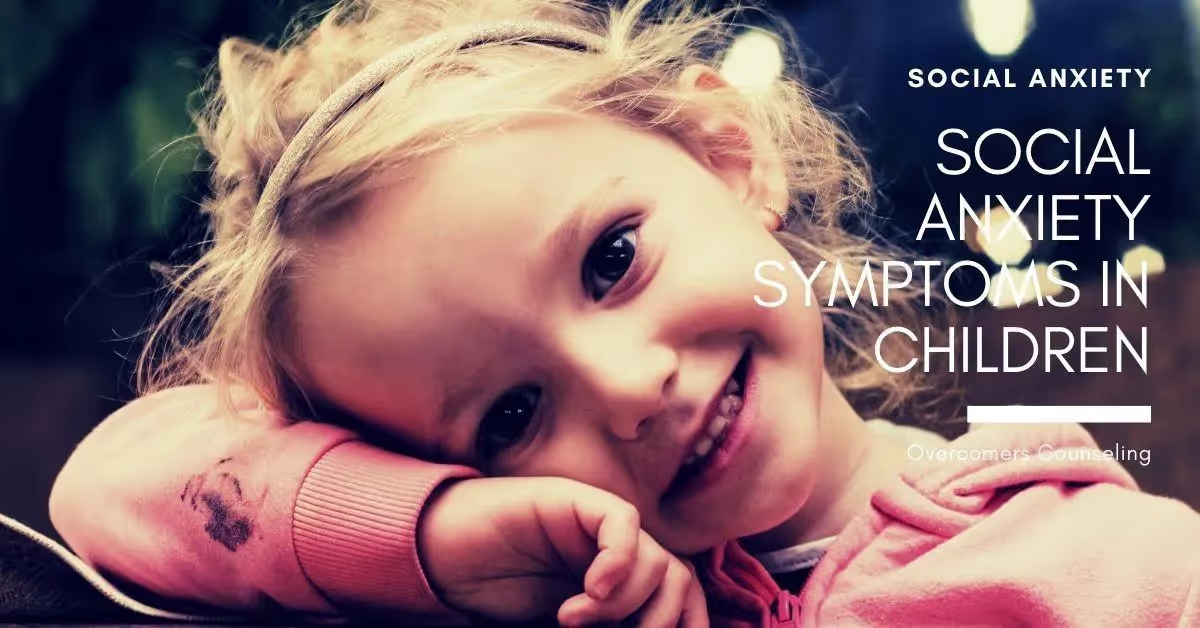Proper socialization is a vital part of the healthy mental development of children, and any interruption or issue with such socialization may have lasting...

Proper socialization is a vital part of the healthy mental development of children, and any interruption or issue with such socialization may have lasting health impacts on a child. While social anxiety disorder typically develops in older children and adolescents, it is possible to see the condition develop in younger children as well. Given the crucial role of social cohesion in a child's developmental cycle, children with social anxiety disorder face unique challenges that adolescents and adults may not. Likewise, symptoms of social anxiety disorder in children, while similar to those in adolescents and adults, may vary somewhat. If your child is displaying any of these symptoms, it may be indicative of social anxiety disorder:
The duration of anxiety counseling varies for each individual, depending on the severity of their anxiety and their progress in therapy. Our therapists will regularly assess your progress and adjust your treatment plan as needed.
Addressing anxiety is crucial because it can significantly impact your quality of life and overall well-being. Left untreated, anxiety can lead to more severe mental health issues, relationship problems, and difficulty functioning in daily life.
To reduce your anxiety, you can practice relaxation techniques such as deep breathing, progressive muscle relaxation, guided imagery, and mindfulness practices. Additionally, regular exercise has been found to be beneficial in managing stress and improving mental health.
It's important that you feel comfortable discussing personal matters with your therapist in order to open up and get more out of therapy sessions; therefore finding someone who meets certain criteria like experience level, expertise areas, and personality is key when selecting a therapist who can give meaningful feedback about how best handle issues related to anxiety or other mental health concerns.
Yes, Medicaid provides insurance coverage for therapy services specifically designed to help individuals struggling with anxiety, depression, and other mental health conditions.
Other activities which have been found helpful in reducing both immediate feelings of anxiousness and long-term anxieties associated with chronic disorders include yoga, journaling, nature walks, art therapy, volunteering, and other low-stress activities. Additionally, developing a healthy lifestyle incorporating adequate sleep, physical activity, and nutritious meals can help reduce overall stress levels.